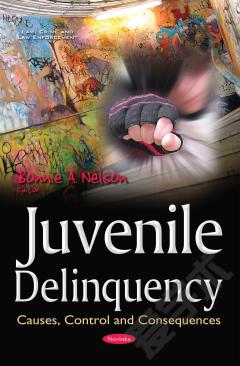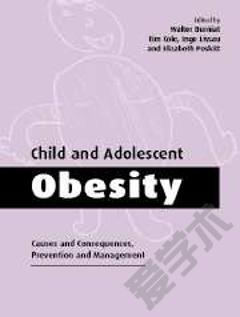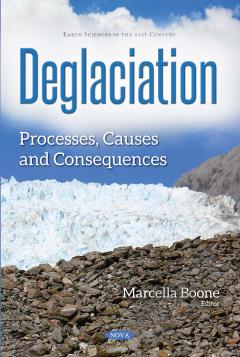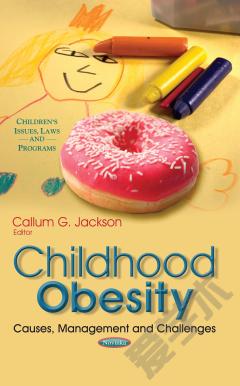Juvenile Delinquency: Causes, Control and Consequences
This book focuses on the causes, control and consequences of juvenile delinquency. Chapter One begins with an overview of the social, cultural and interpersonal issues with justice involved adolescents. Chapter Two's purpose is to help understand the major developmental theorist’s view of critical developmental milestones, understand the social, biological and interpersonal effects on an adolescents’ functioning; learn how rage, anger and delinquency are central components in the developing adolescents' skills to manage behavioral outbursts; identify aspects of depression and anxiety in adolescents and how these symptoms manifest into pathology; learn skills and tools to work with adolescents who struggle with these changes and adolescents who are defiant to the therapy process; identify markers related to low and inflated self-esteem and how it may disrupt adolescent development; improve awareness of friendship development and group identity contribute and its impact on decision making; and identify ethical and other best practice implications. Chapter Three studies the construction of juvenile restorative justice in Italy and Chile, how these policies are implemented in practice, and how families participate in these processes. Chapter Four discusses youth transitions and social exclusion through an empirical study of young ex-offenders' reintegration in China.
{{comment.content}}








 京公网安备 11010802027623号
京公网安备 11010802027623号